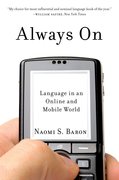Apple announces iPod
This Week in World History – After weeks of speculation about what, exactly, Apple had up its sleeve, Steve Jobs made an appearance on October 23, 2001, that ended the mystery. Jobs announced Apple’s newest product, a portable digital music player that would, he said, put “1,000 songs in your pocket.” The iPod was born.











